Filter by
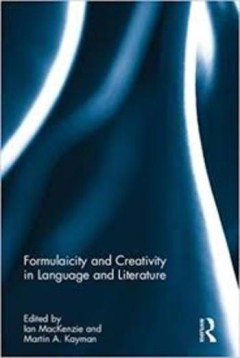
Formulaicity and creativity in language and literature
Formulaicity is pervasive in both spoken and written language. Speakers use a huge amount of prefabricated language including collocations, idioms, fixed and semi-fixed expressions, and verbal creativity often involves combining established word sequences rather than inventing wholly new ones. In literature, formulaicity was long disparaged as the opposite of creativity, and a hallmark of ‘ge…
- Edition
- -
- ISBN/ISSN
- -
- Collation
- 126 p.; 22 cm.
- Series Title
- -
- Call Number
- 807 FOR f
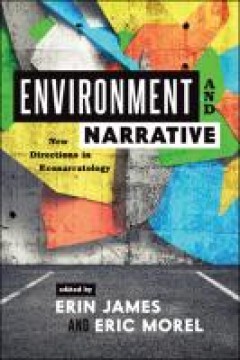
Environment and narrative : new essays in econarratology
Never before has a collection of original essays strived to create such constructive, shared discourse between ecocritical and narrative scholars as well as environmental humanities scholars interested in narrative. Erin James and Eric Morel’s volume Environment and Narrative: New Directions in Econarratology explores the complexity of pairing material environments and their representations w…
- Edition
- -
- ISBN/ISSN
- 9780814277546
- Collation
- -
- Series Title
- -
- Call Number
- 801.95 ENV e

First words
Dostoevsky attached introductions to his most challenging narratives, including Notes from the House of the Dead, Notes from Underground, The Devils, The Brothers Karamazov, and “A Gentle Creature.” Despite his clever attempts to call his readers’ attention to these introductions, they have been neglected as an object of study for over 150 years. That oversight is rectified in First Words…
- Edition
- -
- ISBN/ISSN
- 9781618116819
- Collation
- -
- Series Title
- -
- Call Number
- 801.95 BAG f
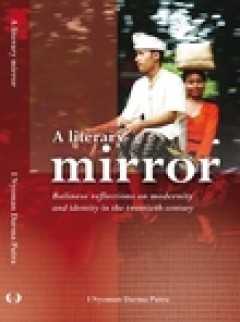
A literary mirror; Balinese reflections on modernity and identity in the twen…
A literary mirror; Balinese reflections on modernity and identity in the twentieth century I Nyoman Darma Putra A literary mirror is the first English-language work to comprehensively analyse Indonesian-language literature from Bali from a literary and cultural viewpoint. It covers the period from 1920 to 2000. This is an extremely rich field for research into the ways Balinese vi…
- Edition
- -
- ISBN/ISSN
- 9789067183703
- Collation
- xiv; 378 p.; 23 cm.
- Series Title
- Verhandelingen van het Koninklijk Instituut voor Taal-, Land- en Volkenkunde
- Call Number
- 899.261109 DAR l
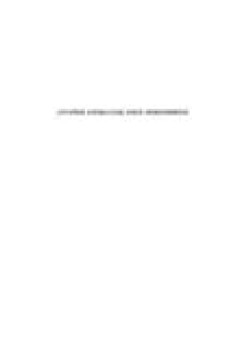
Javanese literature since independent
This anthology aims to give a cross-section of javanese literature during the third quarter of the 20th century. A truly representative anthology faithfully reflecting every aspect of the literary life of such a long period is difficult to achieve, if only because of the limitations imposed by the quantity and nature of the material to which the compiler has access and the space available,…
- Edition
- -
- ISBN/ISSN
- 9789004287198
- Collation
- xi, 442p.:
- Series Title
- -
- Call Number
- 899.222 JAV j
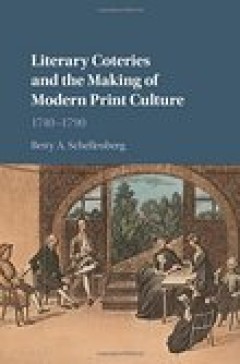
Literary coteries and the making of modern print culture
Literary Coteries and the Making of Modern Print Culture, 1740-1790 offers the first study of manuscript-producing coteries as an integral element of eighteenth-century Britain’s literary culture. As a corrective to literary histories assuming that the dominance of print meant the demise of a vital scribal culture, the book profiles four interrelated and influential coteries, focusing on each…
- Edition
- -
- ISBN/ISSN
- 9781107128163
- Collation
- -
- Series Title
- -
- Call Number
- 400 SCh l
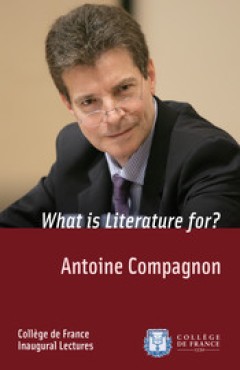
What is literature for?
Along with the theoretical or traditionally historical question “What is literature?”, the critical and political question “What can literature do?” begs an answer. What value do contemporary society and culture ascribe to literature? What utility? What role? “My confidence in the future of literature”, wrote Italo Calvino, consists in the knowledge that there are things that only l…
- Edition
- -
- ISBN/ISSN
- 9782722602755
- Collation
- -
- Series Title
- -
- Call Number
- 840.93 COM w
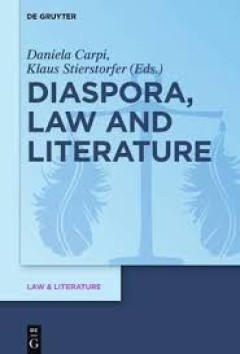
Diaspora, law and literature
The well-known challenges of international migration have triggered new departures in academic approaches, with 'diaspora studies' evolving as an interdisciplinary and even transdisciplinary field of study. Its emerging methodology shares concerns with another interdisciplinary field, the study of the relations between law and literature, which focuses on the ways in which the two cultural prac…
- Edition
- -
- ISBN/ISSN
- 9783110489255
- Collation
- -
- Series Title
- Law & Literature : Volume 12
- Call Number
- 809 DIA d
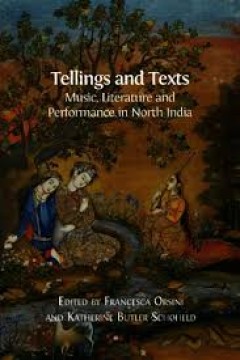
Tellings and texts: music, literature and performance in North India
- Edition
- -
- ISBN/ISSN
- 9781783741052
- Collation
- 566 p.; 23 cm.
- Series Title
- -
- Call Number
- 801.93 TEL t
- Edition
- -
- ISBN/ISSN
- 9781783741052
- Collation
- 566 p.; 23 cm.
- Series Title
- -
- Call Number
- 801.93 TEL t
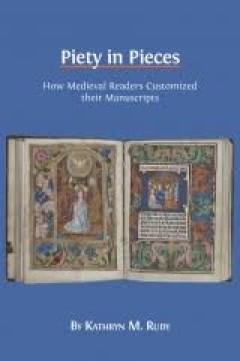
Piety in pieces: how medieval readers customized their manuscripts
- Edition
- -
- ISBN/ISSN
- 9781783742370
- Collation
- 412 p.; 23 cm.
- Series Title
- -
- Call Number
- 809 RUD p
- Edition
- -
- ISBN/ISSN
- 9781783742370
- Collation
- 412 p.; 23 cm.
- Series Title
- -
- Call Number
- 809 RUD p
 Computer Science, Information & General Works
Computer Science, Information & General Works  Philosophy & Psychology
Philosophy & Psychology  Religion
Religion  Social Sciences
Social Sciences  Language
Language  Pure Science
Pure Science  Applied Sciences
Applied Sciences  Art & Recreation
Art & Recreation  Literature
Literature  History & Geography
History & Geography